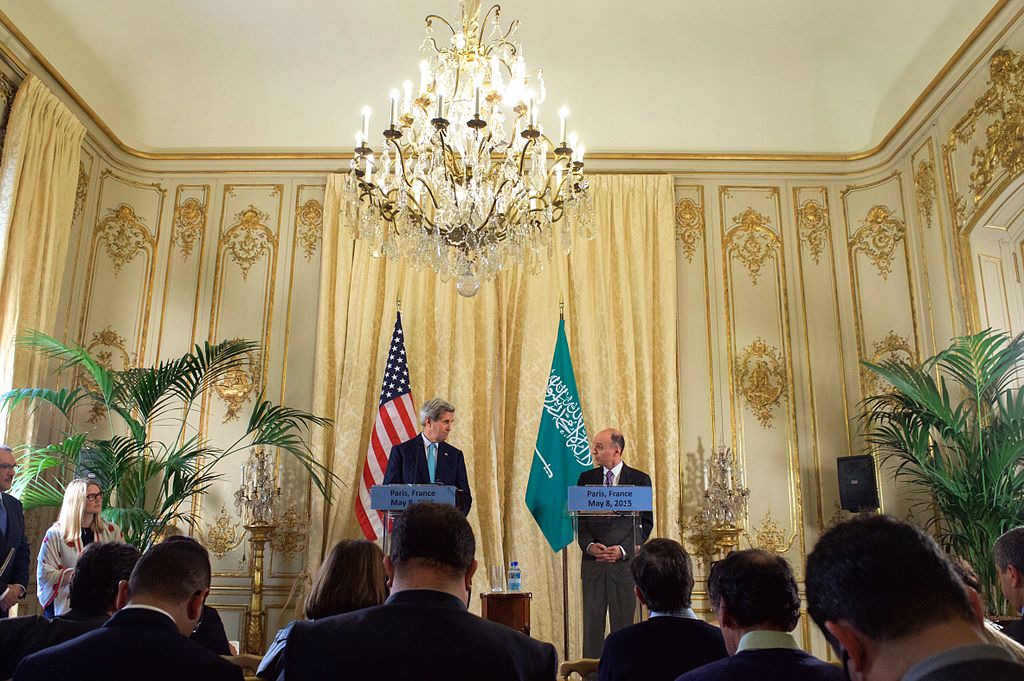The Saudi-led intervention in Yemen continues into its 10th month of fighting with some gains but no decisive victory for the coalition seeking to restore power to the UN-recognized Hadi government and oust control of parts of the country from Houthi militia members.
The coalition has retaken Aden, Yemen’s southern port, and according to Saudi Arabia’s Deputy Crown Prince Mohamed bin Salman, 80% of the rest of the country. However, the coalition has not yet taken many of Yemen’s largest cities—Sana’a, Taiz and Ibb, according to the Economist and other media reports.
This has led to questions about Saudi Arabia’s goals in fighting the conflict, and whether they may eventually become limited given the lack of complete success in the war. According to a source cited by the Economist, the campaign is “now mostly about blunting the capabilities of the Houthis and their ally, Ali Abdullah Saleh, who until Saudi Arabia engineered his removal in 2012 was the Arab world’s longest-reigning ruler,” and also to send regional foe Iran a message about expansion of influence into the Arabian peninsula.
With a diplomatic resolution elusive for both sides of the conflict, and with a tough fiscal climate for Saudi Arabia at home, whether the coalition can and will sustain its expensive attempts at restoring President Hadi to full control of the country is increasingly difficult to determine. Defense and security spending was the largest single expenditure on Saudi Arabia’s 2016 budget, and while the cost of the war in Yemen was reportedly not a concern in March of 2015 when Reuters estimated one month of coalition airstrikes likely cost around $175 million, the price of oil has sunk further since the war started.
Although the U.S. has provided logistical support for the coalition, it is more focused on the threat posed by the self-described IS terrorist group, or Daesh, in Iraq and Syria following attacks in Beirut, Paris and San Bernadino, California. Washington’s support for the coalition in Yemen has raised concerns that American weapons are being used against civilian targets. Critics have used this “to paint the United States as a hypocritical power that lectures its Syrian adversaries on human rights abuses while furnishing its allies with cluster bombs and precision rockets,” wrote Column Lynch in Foreign Policy in October. Some U.S. lawmakers are questioning the legality of U.S. support for the war in Yemen, while others are urging greater support for Saudi Arabia and the coalition to thwart Iranian influence.
When asked about the duration of the war in Yemen by The Economist, Deputy Crown Prince and Minister of Defense Mohammed bin Salman said that the country was not in a military quagmire and that there are different objectives now than at the start of the war. “There were different objectives. The first objective of the Decisive Storm was to disable the main capabilities of this militia. The air capabilities, their air defence capabilities, to destroy 90% of their missile arsenal. And then we started the process of a political solution in Yemen, which is a whole different stage. All of our efforts are to push for the political solution. But this does not mean we will allow for the militia to expand on the ground, they must realise that every day they do not get closer to the political solution, they lose on the ground.”









